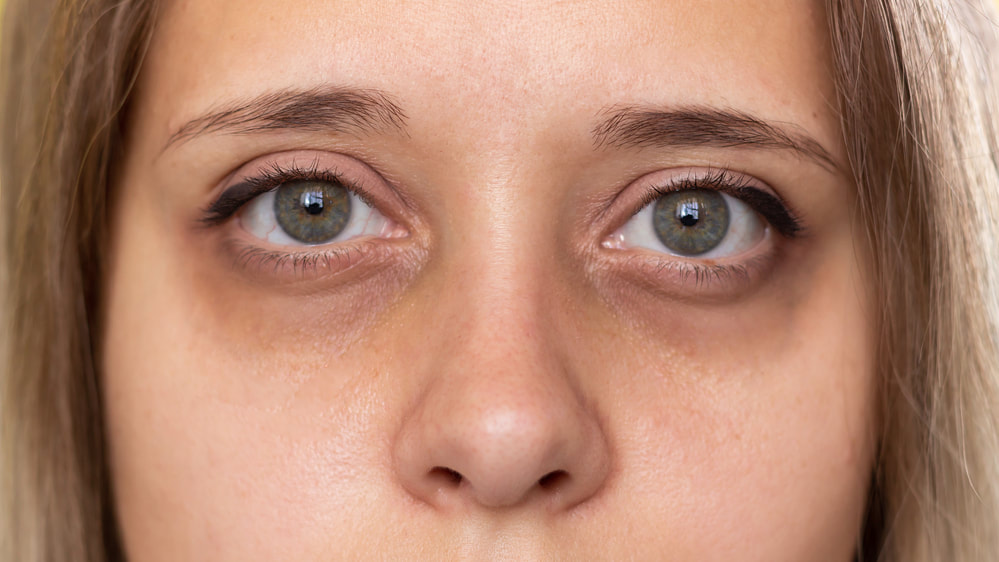What happens as we sleep?While you sleep, several important activities that promote good health are occurring, including the following:
Short-term eye issues from lack of sleepYour eyes need regular breaks. Think about all of your waking hours and how much you use your vision. When you don’t give your eyes the rest they need, it can show. Poor sleep can cause several short-term eye issues. Although most effects do not interfere with vision, they can still be uncomfortable or unattractive. Short-term eye issues from lack of sleep include:
More serious eye issues from sleep problemsThe eye issues above affect the appearance of your eye or cause temporary problems, such as dry eyes, but some sleep problems can have a significant impact on your eyes. For example, according to the American Academy of Sleep Medicine, having sleep apnea increases your risk of developing glaucoma. Sleep apnea involves brief pauses in breathing while you sleep. These pauses usually occur due to tissues in the back of the throat or the tongue blocking the airway as you sleep. Glaucoma causes damage to the optic nerve and can lead to vision loss. According to the American Academy of Ophthalmology, the reason why sleep apnea is a risk for glaucoma is not clear, but people that have the sleep disorder have an increased risk of glaucoma. Recognizing the symptoms of sleep apnea is helpful in getting the needed treatment. Sleep apnea symptoms include:
Tips for better sleepKeep a schedule: Try to go to bed and wake at about the same time daily to set your natural sleep rhythm.
Cut the caffeine: Caffeine can stay in your system for several hours after you drink it. Caffeine too close to bed can make it difficult to fall asleep. Skip screen time: Spending time online, playing games, or checking social media can stimulate your brain. The light from your devices can also trick your brain into thinking it is daytime, which reduces sleep hormones. Set the stage: Keep your bedroom at a comfortable temperature, noise proof, and dark. See a sleep specialist: If you have problems falling or staying asleep for more than a few weeks, talk with your doctor. You may need to see a sleep specialist to rule out a sleep disorder. We hope the information above helps you make sleep a priority. If you have any questions about eye health, we are happy to help. If you would like to ask whether an appointment with one of our eye doctors would be appropriate at this time, call our office at 508-746-8600. Comments are closed.
|
EYE HEALTH BLOGCategories
All
Archives
July 2024
|
|
Kadrmas Eye Care New England
55 Commerce Way, Plymouth, MA 02360
14 Tobey Road, Wareham, MA 02571 133 Falmouth Road (Rt 28), Mashpee, MA 02649 |
Phone Number:
1-508-746-8600 Hours: Monday through Friday — 8 AM – 4:30 PM |


 RSS Feed
RSS Feed
